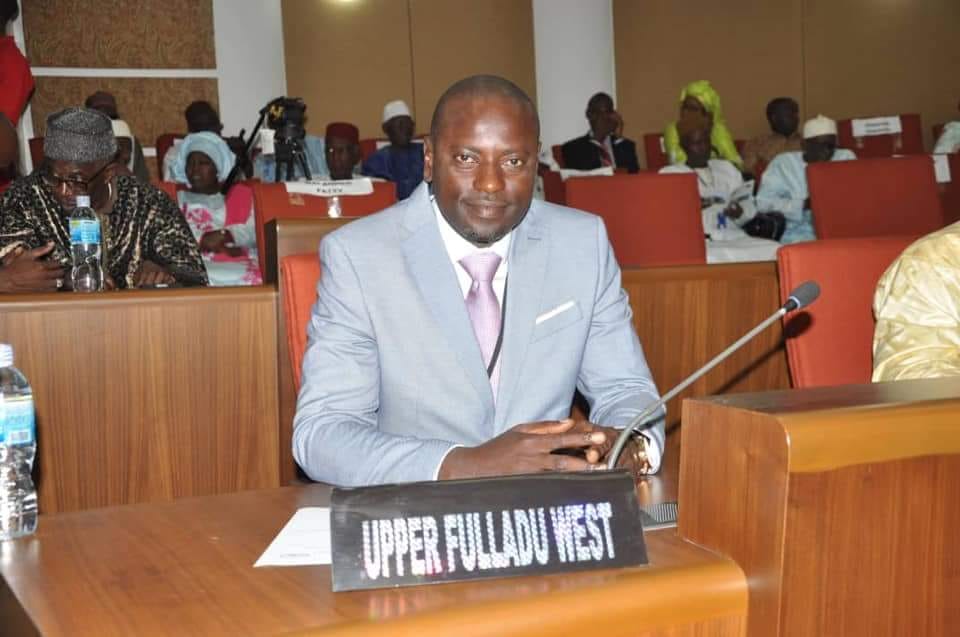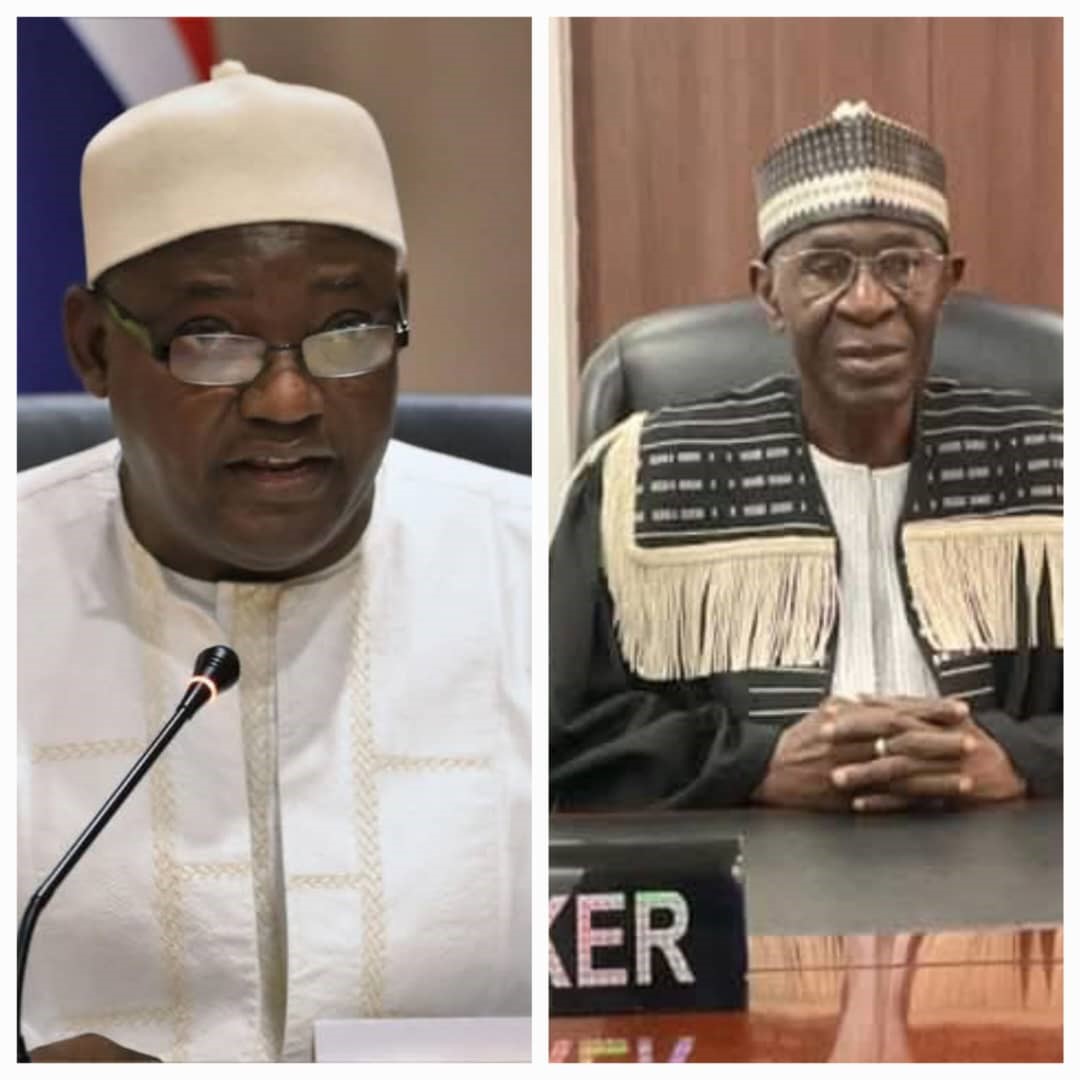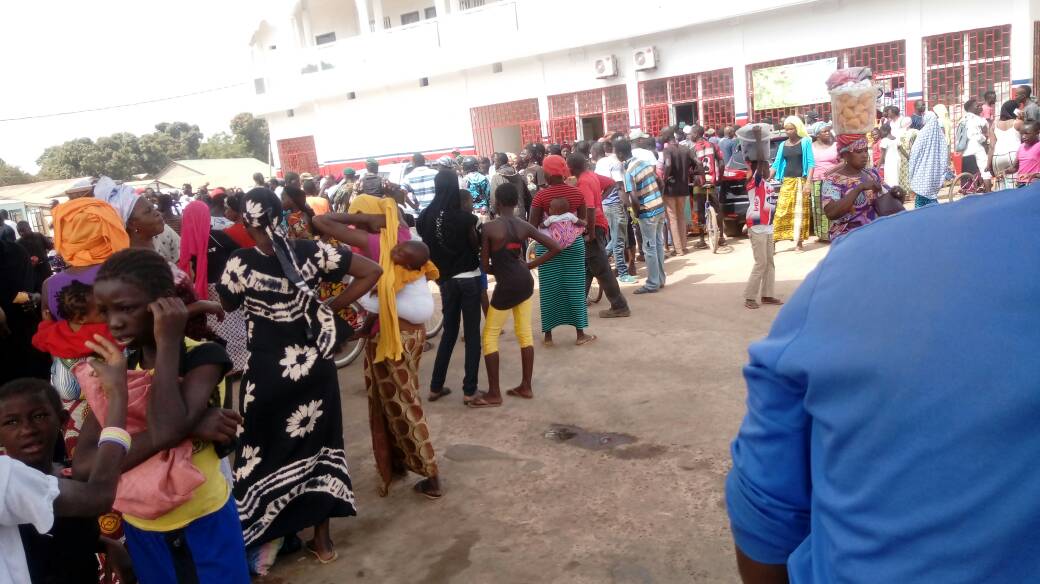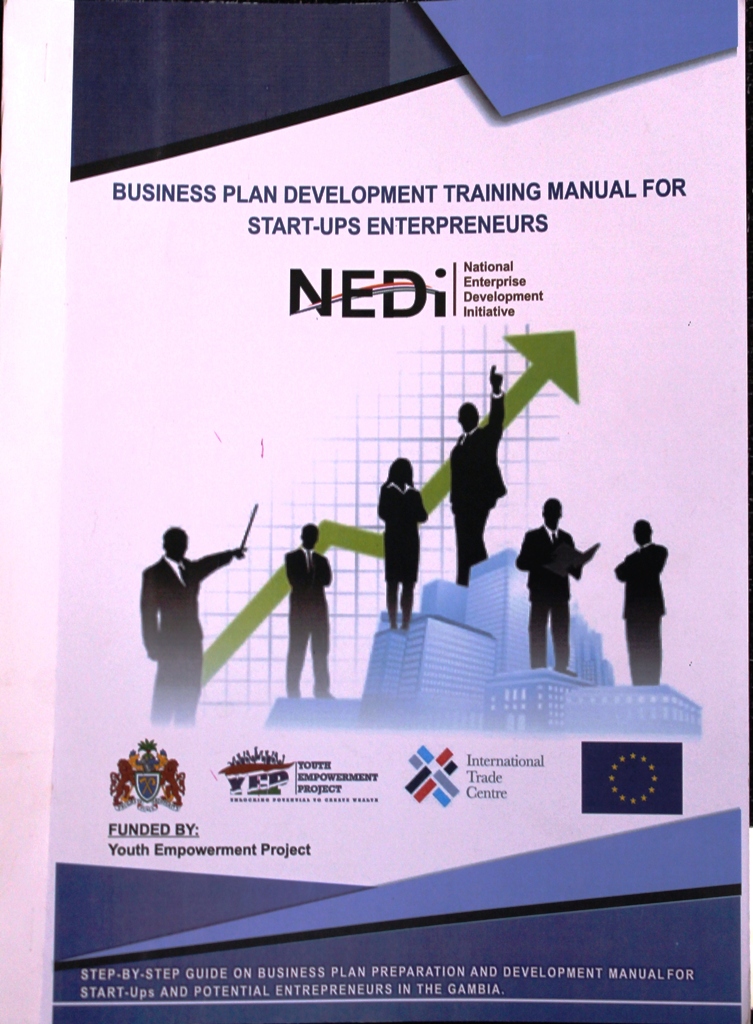By: Bakary Ceesay
Hon. Sanna Jawara, National Assembly Member for Upper Fulladu West 2020 budget projected at D24.47 billion, describing it as clear manifestation of misplaced priorities.
On Monday, Mambury Njie, Finance Minister presented the 2020 budget before National Assembly pointed out that the total revenue and grants in 2020 is projected at D24.47 billion, representing a reduction of 3% over 2019 figure of D25.2 billion.
The reduction is mainly attributed to project grants and budget support, he told legislators on Monday as he tabled the 2020 budget expenditure.
He said project grants are estimated to decrease from D9.9 billion in 2019 to D8.1 billion in 2020, whilst “we are also factoring budget support to the tune of D2.7 billion in 2020 compared to D3.4 billion in 2019. This is expected to come from our development partners, mainly the European Union and the World Bank.”
However, Jawara said that: “I thought worth highlighting in the 2020 budget and not limited to: In the illustrations below, you will find, in my view, some compelling information that are rather both disturbing and a clear manifestation of misplaced priorities moving forward. These are my findings”
He noted that page 1. In 2020, the government plans to borrow approximately D5.6 billion to finance the budget deficit (D3.9 from the domestic market). This represents an increase of 221% from 2019, and the highest level of borrowing ever in the budgetary history of The Gambia, regardless of the re-rebasing of the GDP.
He added that on page ii. Column 50(National Debt Service), amid the current high debt distress level, the government is poised to pay a staggering D9.4billion (approx 37.5% of total tax, loans and grants revenue) on debt services alone.
Page ii. Allocation to Agriculture is D394m which accounts for 1.7% of total government revenues compared to 10% as per our commitment to Maputo Declaration of 2003.
Page ii. Allocation to Health is D1.4 billion which accounts for 5.7% of revenues compared to 15% as per our commitment to Abuja Declaration of 2001.
Page ii. Allocations to the Defense and Security sectors combined is D1.7 billion which accounts for 7.3% of revenues compared to 6.8% last year amid the whole crux of the inevitable Security Sector Reform process and World Bank’s Security Sector Personnel Expenditure Review (SPER) recommendations.
Page ii. The President’s office alone registered D31m increased allocation due, partly, to increase in staff at the Presidency. There will be increase in “Special Advisers” from 4 to 6, a deputy Secretary General, and allowances alone increasing from D1, 402,010 in 2019, to the tune of D14, 806,855 in 2020.
Page 20. The Ministry of Works Development vote has gone up significantly by a whooping D330m, I guess earmarked for the Banjul Rehabilitation Project. Now this is the thing. Every Gambian of a sound mind and sincerity should advocate for the rehabilitation of his/her capital city (ie Banjul).
He pointed out that he support the initiative of the Banjul Project. However, this initiative has to be in line with law. Period. Considering that each person in my constituency, including 2 months old Sunkary Kanteh in Bantanto and newborn Mayeh in Sare Bakary, has to fork out in their names and blessed souls, a loan of approx D1000.00 to finance this project, and in the name of his 100,000 constituents or so.
“Thus, 100% compliance with the GPPA Act 2014 (tender to ascertain value for money) has to be adhered to for me to support the allocation. The project must also comply with the financial regulation 2014. This particular procurement is awarded by the Office of The President in September of 2018, without following due process,”
He added that: “Finally for now, under the Expenditure Budget Funding Overview, it is budgeted that we, as a country envisage to receive D8.1 billion in grants. Giving the fact that D9.9 billion was budgeted in 2019, we received zero Dalasi in budget support since 2017. So how realistic is this budget line. And failing to secure these fundings, could mean that the Minister will raise more funds domestically, thus depriving the private sector of the much needed finance and fiscal space”
“I think, we need a serious soul searching as citizens of this country and ask ourselves, “Is this budget reflective of the dire needs and aspirations of our people? Thus,”
He questioned that what are the relations of these extravagant expenditure plans to the recommendations of our development partners (ie World Bank, IMF etc)?
He further questioned are the anticipated developments going to boost economic activity and employment opportunities giving that the productive sectors like agriculture especially is very less prioritized.





